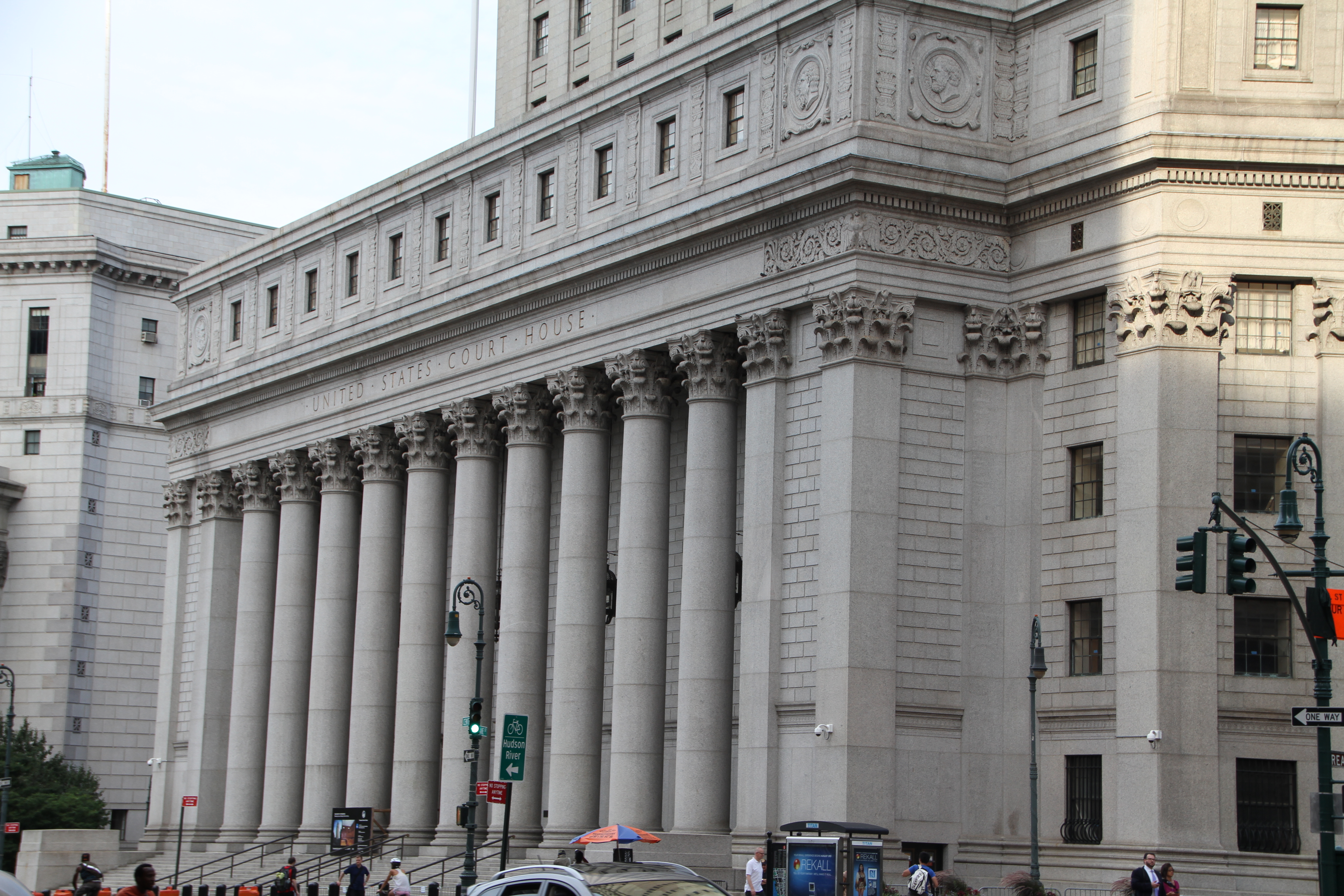A US federal court on Wednesday reinstated a lawsuit filed by a New York state court clerk who claims she was fired for complying with an investigation into her boss.
Samantha Long, a former court clerk for the town of New Lebanon, New York, contended that she was fired for cooperating with a New York State Commission on Judicial Conduct investigation into Judge Jessica Byrne’s suspected misconduct. Long provided case files to investigators and later refused to discuss the investigation with Byrne when confronted, allegedly causing her termination. Judge Byrne was accused of improperly intervening in matters involving her own relatives and the spouse of a local dog control officer as well as disclosing confidential information to the town board. In July 2024, Byrne voluntary resigned from her position under the stipulation that she cannot seek any future judicial office.
The lawsuit argued that the retaliatory termination violated the court clerk’s First Amendment rights and state whistleblower protections under New York Labor Law Section 740 and New York State Civil Service Law Section 75. In November 2024, the US District Court for the Northern District of New York dismissed the lawsuit, stating that Long’s actions were not protected free speech because they were part of her official duties as court clerk. The court declined to exercise supplemental jurisdiction over the state whistleblower claims.
In Wednesday’s ruling, the Second Circuit Court of Appeals vacated the district court’s dismissal, finding that Long’s refusal to discuss a judicial misconduct investigation with the judge fell outside of her official job duties and thus constituted protected speech. The court’s analysis centered on the framework established in the 2006 case Garcetti v. Ceballos, in which the Supreme Court held that First Amendment protections are stripped from public employees when speech is made pursuant to official duties.
The Second Circuit found that Long’s motivations reflected a civic duty to comply with the law rather than employment obligations. A distinction was drawn between the Second Circuit’s 2011 ruling in Anemone v. MTA, in which a public employee’s communication with state investigators was deemed to be within the scope of his professional responsibilities.
Here, the court found that Long and Byrne “were just two people discussing matters beyond the scope of Long’s employment.”
The court remanded for further proceedings on both the federal constitutional claim and the state whistleblower statute claim. The ruling provides important guidance for public employees cooperating with investigations into official misconduct and clarifies that such cooperation may constitute protected speech when context shows the speech falls outside the employee’s regular duties.


